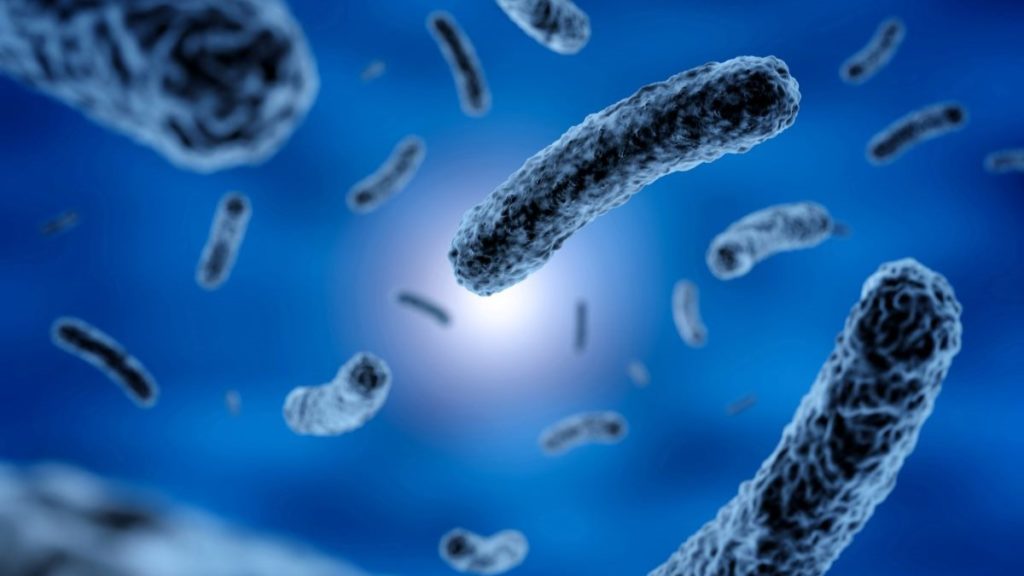
Biobatteries get a hydrogen boost

Synthetic enzyme turns air and gas into electricity
- Dateline
- 23 March 2028
It’s an old trick in science class to make an LED light glow using just a potato as the battery, but bacterial fuel cells and biological batteries have come a long way in recent years. We’ve known for ages that some bacteria and plant enzymes can liberate electrons from bio feedstocks, but it’s been almost impossible to turn those lab experiments into useful devices or energy sources.
Until now. The first signal that a breakthrough was on the horizon emerged in 2023, when Australian scientists successfully isolated an enzyme that efficiently turns ambient hydrogen directly into electricity. In fact, the hydrogen fuel cell-in-a-plant cell could even power up from the minute traces of hydrogen in the atmosphere. Just exposing it to air was sufficient to generate and maintain a tiny charge.
Since then, scientists have used CRISPR cut ‘n paste genetic editing tech to refine and improve the enzyme, so that it can harvest hydrogen from common sources like natural gas or biogas, and turn it into usable power. In the past, we had to burn fuels to drive turbines, or waste a lot of power on electrolysis to make hydrogen for fuel cells. Now we can get microbes to turn gas into electricity, naturally.
And the best news is it’s easy to scale up production of this new enzyme. The bacterium that produces it thrives on farm waste, sewage, and similar bio feedstocks. Like the leftovers from a canning factory. So it’s a winning solution for pollution too.
This will be a game-changer for new energy companies producing biofuels, green hydrogen, and fuel cells, cutting out the high costs of handling and transport, and moving to an energy-on-demand model instead. As with any new technology, there will be winners and losers, but ultimately we all benefit from cheaper, cleaner, and more abundant energy.
Links to related stories
- Scientists discover enzyme that turns air into electricity, providing a new clean source of energy – Monash University, 9 March 2023
- The gene-editing technology in your store-bought tomatoes that could eat agriculture – Fortune, 27 February 2023
- Making nature work again – Mindbullets (Dateline: 27 July 2027)
- Who needs hydrogen? - Mindbullets (Dateline: 10 June 2025)
Warning: Hazardous thinking at work
Despite appearances to the contrary, Futureworld cannot and does not predict the future. Our Mindbullets scenarios are fictitious and designed purely to explore possible futures, challenge and stimulate strategic thinking. Use these at your own risk. Any reference to actual people, entities or events is entirely allegorical. Copyright Futureworld International Limited. Reproduction or distribution permitted only with recognition of Copyright and the inclusion of this disclaimer.